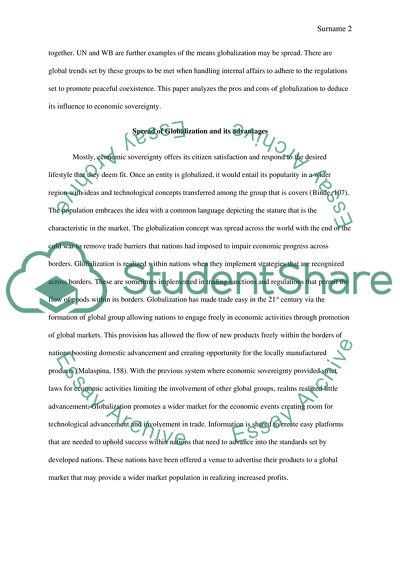Cite this document
(Is Globalization a Threat to Economic Sovereignty Assignment Example | Topics and Well Written Essays - 1750 words, n.d.)
Is Globalization a Threat to Economic Sovereignty Assignment Example | Topics and Well Written Essays - 1750 words. https://studentshare.org/social-science/1765722-writing-to-convince
Is Globalization a Threat to Economic Sovereignty Assignment Example | Topics and Well Written Essays - 1750 words. https://studentshare.org/social-science/1765722-writing-to-convince
(Is Globalization a Threat to Economic Sovereignty Assignment Example | Topics and Well Written Essays - 1750 Words)
Is Globalization a Threat to Economic Sovereignty Assignment Example | Topics and Well Written Essays - 1750 Words. https://studentshare.org/social-science/1765722-writing-to-convince.
Is Globalization a Threat to Economic Sovereignty Assignment Example | Topics and Well Written Essays - 1750 Words. https://studentshare.org/social-science/1765722-writing-to-convince.
“Is Globalization a Threat to Economic Sovereignty Assignment Example | Topics and Well Written Essays - 1750 Words”. https://studentshare.org/social-science/1765722-writing-to-convince.


